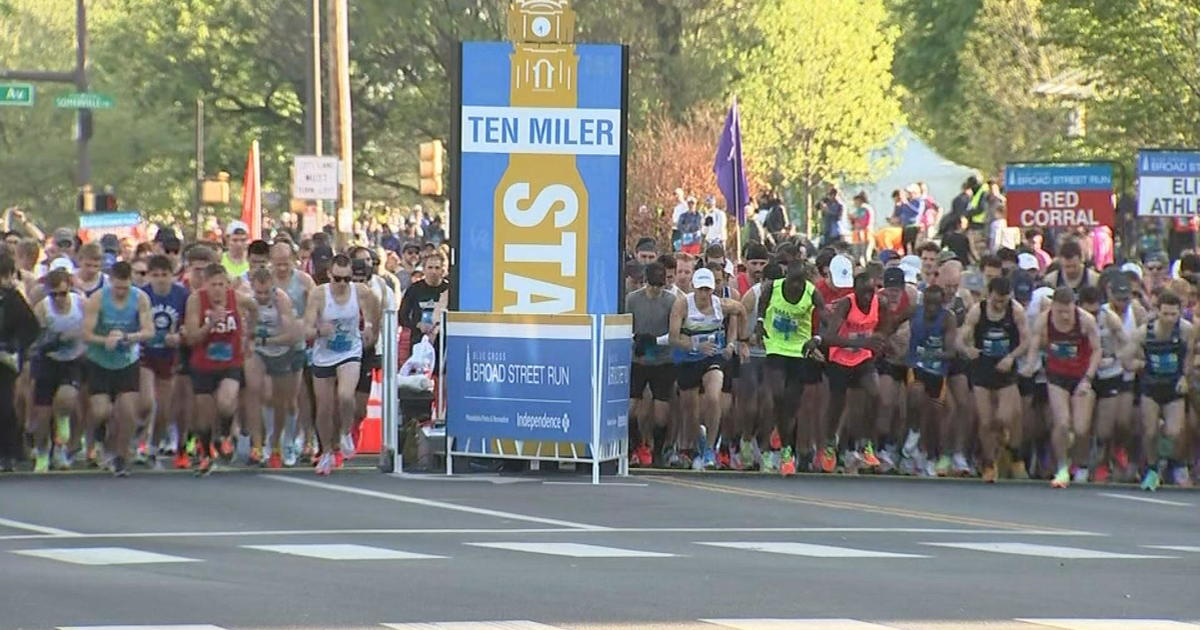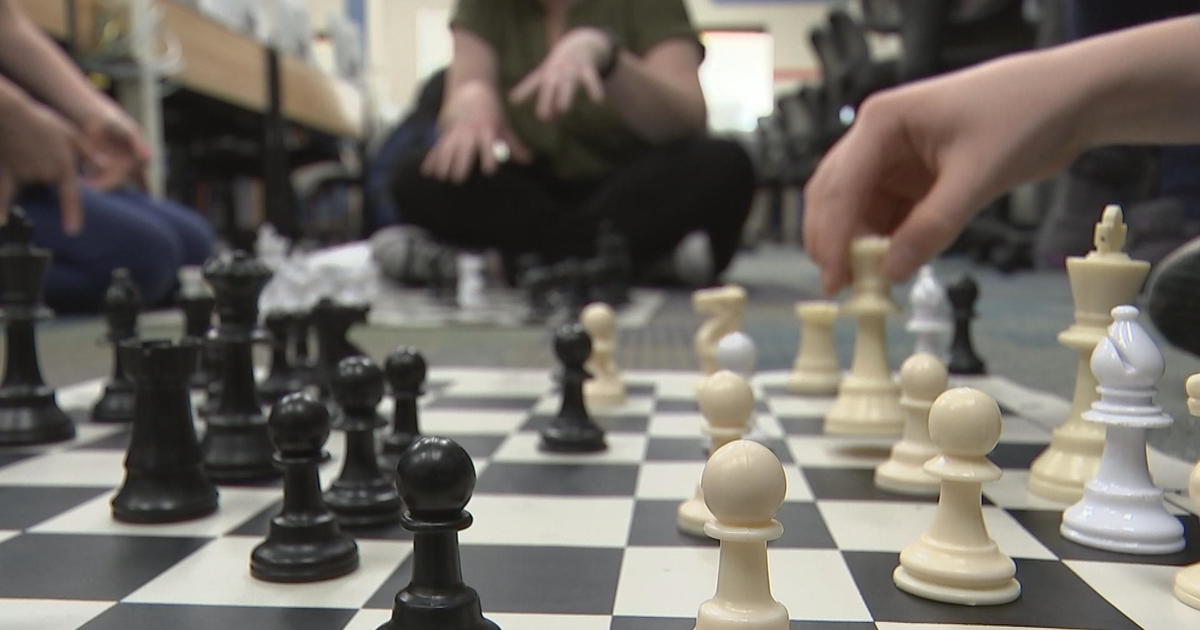Law Enforcement Degree Is Desirable For A Job In Philadelphia Criminal Justice
Leanne Owen is a professor of Criminal Justice at Neumann University, which is a private, Catholic college, founded 50 years ago by the Sisters of St. Francis of Philadelphia. The university offers 23 majors in a broad range of subjects (arts and sciences, business, education, and nursing) and had an enrollment of 2,562 undergraduates in fall 2014. There are internships or clinical/field experiences available in every major. In 2014, Money magazine ranked Neumann as one of the 25 most affordable private colleges in the country.
What sort of education is needed to secure a good job in your field?
"Increasingly, we're seeing a trend toward greater professionalism in law enforcement and corrections, so a bachelor's degree (and in some cases, even a master's degree) is tremendously helpful for securing a good job in the field. Agencies want to see that applicants have a good sense of ethical decision-making, of diversity and multiculturalism and that they are able to communicate effectively, both orally and in writing."
What is the most challenging aspect of being in your field?
"The nature of most professions in the criminal justice field is that they involve the exercise of a great deal of discretion. This means that practitioners need to have a solid understanding of the kinds of decisions they might be asked to make, and the criteria they might need to consider in making them, right from the outset. A solid foundation in the workings of the criminal justice system and in ethical practices is crucial."
After graduation, how hard was it to transition to the actual working world?
"Transitioning from an academic environment to a real-world' working environment is definitely a challenge. There is far more pressure on the 21st century graduate to be able to perform right out of the gate than there was in the past. Employers now expect students to possess and be able to use a variety of transferable skills, such as critical thinking, problem-solving, and collaboration, without any additional training, and the biggest challenge for students is that they often lack the confidence to demonstrate what they are capable of to prospective employers."
What advice would you give someone who is pursuing a career in this field?
"There are two pieces of advice I would give someone pursuing a career in criminal justice. First, make sure you know how to write. Regardless of whether you plan to work in law enforcement or the courts or corrections, you will need to write – reports, affidavits, briefs, and so on. Being able to communicate effectively in writing conveys your sense of professionalism and makes you stand out as a candidate for any job. Second, be open to learning from long-time veterans in the field. You will hear a lot of stories, and often you may not realize how valuable the lessons gleaned from those stories are until years later. The more willing you are to listen, the more you can learn and benefit from the experience of others."
Christina Thompson is a freelance writer living in Philadelphia. Her work can be found at Examiner.com.




